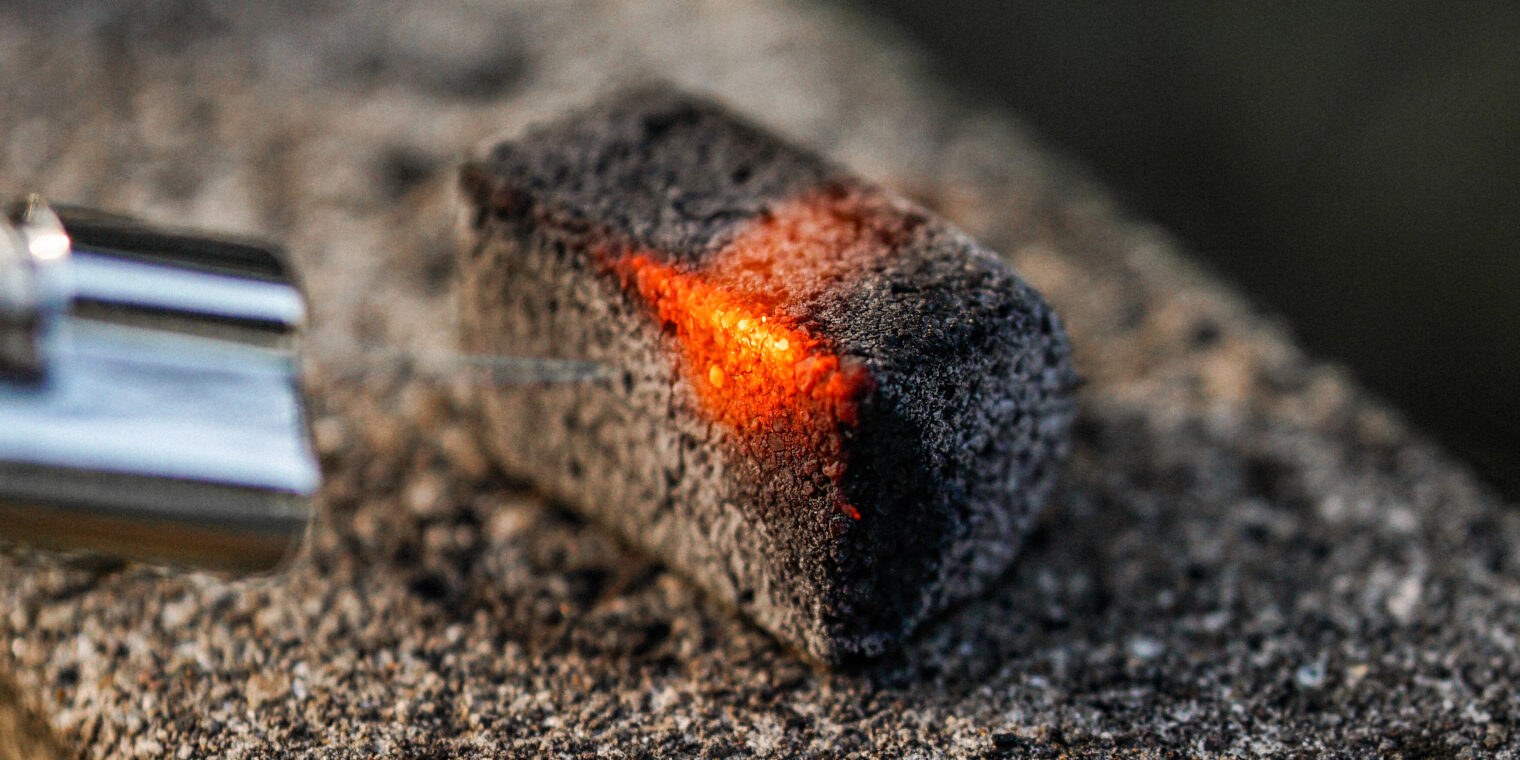As an importer navigating the coconut charcoal market, understanding regional standards is crucial for sourcing the right product to meet your market’s demands. In this blog post, we’ll delve into the distinctions between two prominent standards: Diamond Grade for European importers and Gold Grade for the Middle Eastern market.
Diamond Grade: The European Standard
European importers often seek coconut charcoal that adheres to the Diamond Grade standard, known for its stringent quality requirements. Diamond Grade typically boasts low ash content, ranging from 1.8% to 2.2%. This standard prioritizes clean-burning properties, making it ideal for a wide array of applications, including gourmet cooking and industrial processes.
The functionality of Diamond Grade is multifaceted. In gourmet cooking, it provides a consistent and reliable source of heat, ensuring even cooking and enhanced flavors without imparting unwanted residues. In industrial processes, its low ash content minimizes impurities, making it suitable for applications such as water filtration and air purification.
Diamond Grade aligns with European standards for sustainability and environmental responsibility. Importers value its eco-friendly nature, as coconut charcoal is derived from renewable coconut shells, reducing reliance on non-renewable resources and minimizing carbon emissions.
On May 23, 2023, the demand for coconut charcoal in Europe was evident, with European countries importing significant quantities. This data coincides with the activity observed in Germany, where Volza’s Germany Coconut shell charcoal Buyers & Importers directory reported 71 active Coconut shell charcoal importers importing from 43 sources.
Gold Grade: The Middle Eastern Market Standard
In contrast to the European standard, the Middle Eastern market often adheres to the Gold Grade standard. Gold Grade allows for a slightly higher ash content, typically ranging from 2.2% to 2.5%, catering to the preferences and traditions of consumers across the Middle East.
Gold Grade lies in its rich flavor profile and aromatic properties. In Middle Eastern cuisine, it imparts a distinct smoky flavor to grilled meats and vegetables, enhancing the culinary experience. For hookah/shisha smoking, its aromatic smoke adds to the enjoyment of social gatherings and cultural rituals.
The Middle Eastern market represents a significant opportunity for importers. The top three importers of coconut charcoal briquettes in the Middle Eastern market are Latvia with 886 shipments, followed by Iraq with 603, and Saudi Arabia at the 3rd spot with 593 shipments.
For importers navigating the coconut charcoal market, understanding regional standards goes beyond quality specifications—it encompasses functionality and market preferences. While Diamond Grade excels in clean-burning properties and versatility for European applications, Gold Grade offers rich flavor and affordability for the Middle Eastern market.
Both standards reflect the versatility and quality of coconut charcoal as a sustainable alternative to traditional charcoal sources, catering to distinct market demands and cultural traditions. By aligning with regional standards and functionalities, importers can ensure the successful importation of coconut charcoal tailored to their market’s preferences and applications, driving growth and profitability in the global market.

